With Indian general elections due to be held between April and May this year, we are witnessing a surge in Bollywood movies that are seeking to cash in by touching upon political themes. Some of which are touted to be propaganda movies by Indian critics as well. After all, it can’t be a mere coincidence that three patriotic movies were scheduled to release consecutively.
Let’s dissect some of these films with a political backdrop which have been already released and received their fair share of criticism while few others that are scheduled for the next three months.
The Accidental Prime Minister
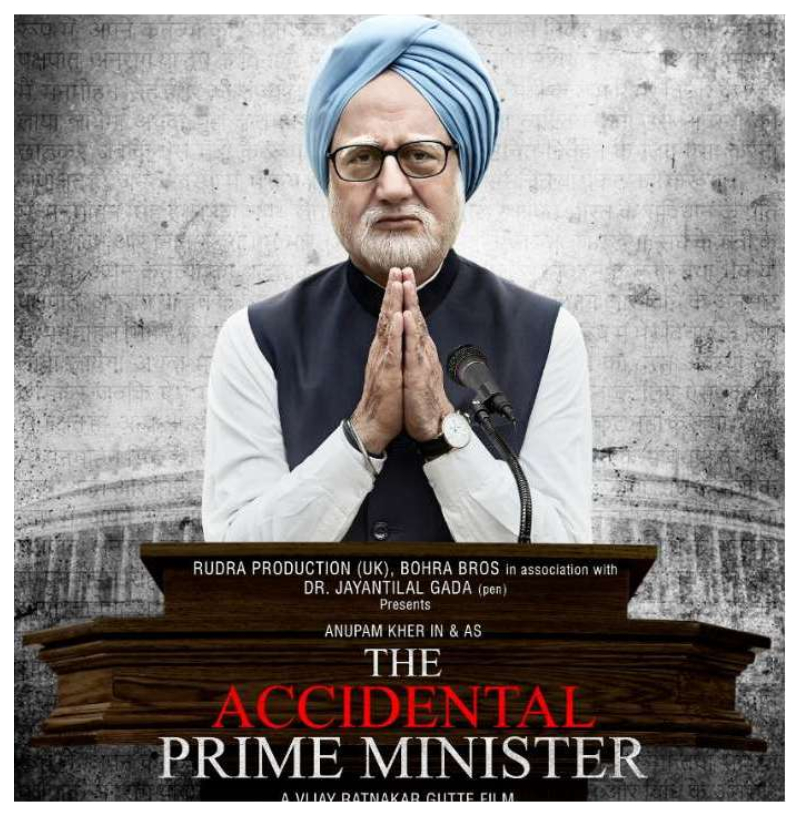
Based on the memoir by an Indian policy analyst Sanjaya Baru, The Accidental Prime Minister is a film which explores Manmohan Singh’s tenure as the Prime Minister of India, and the kind of control he had over his cabinet and the country. The film features Anupam Kher in the titular role who is a vocal supporter of Narendra Modi.
Supporters of Gandhi’s party – Congress – raised numerous concerns and controversies around the film, holding protests and even going to court, before its release but to no avail. The film ultimately portrays senior Congress members in a bad light and is claimed to be a propaganda film for Modi and his ruling Hindu nationalist Bharatiya Janata Party (BJP). All these allegations have been denied by the director.
Uri: The Surgical Strike
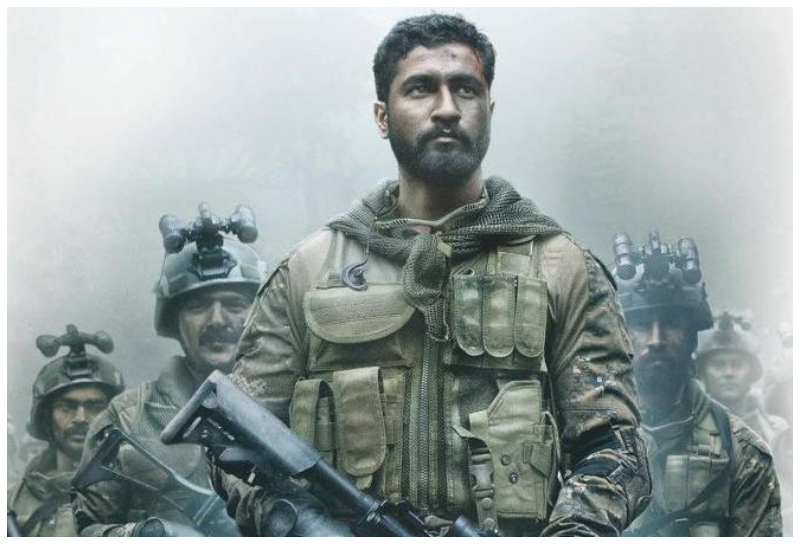
The Indian media left no stone unturned in distorting the facts about Uri attack, but now even Bollywood has made a film on the subsequent fictional ‘surgical strike’ which has taken the cinematic liberty to alter the narrative once again.
The jingoistic, all-guns-blazing Uri: The Surgical Strike, aims to celebrate the Indian army’s fictional strike on militants in 2016 in Pakistan. The nationalistic dialogues and valor shown by the army men along with an emotionally driven family angle (where a young girl wails at his father’s funeral) was expected to get masses in theatres. Modi was widely lauded for the fictional operation and the film features Vicky Kaushal as an army major who was in charge of avenging this fictional attack.
Thackeray
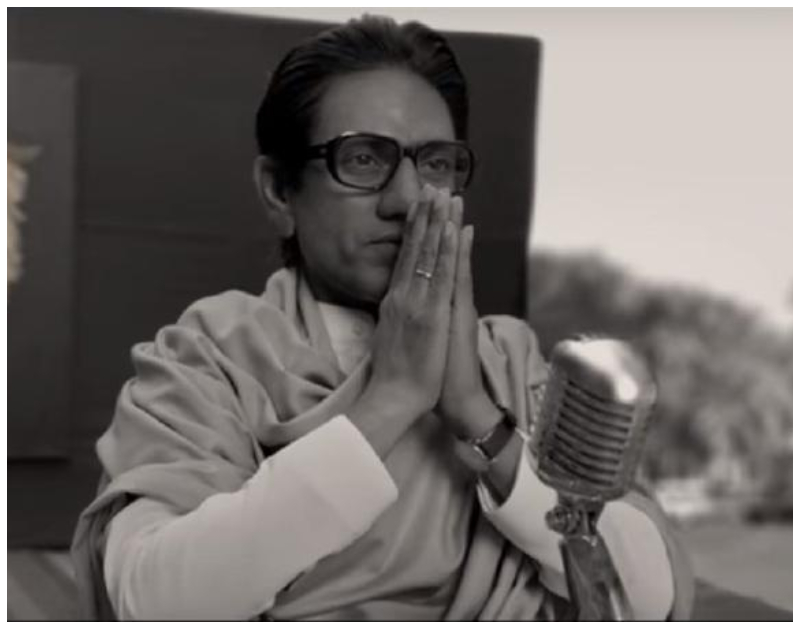
Nobody would have expected that a Muslim – Nawazuddin Siddiqui – will be seen portraying the role of Bal Thackeray in a film. Thackeray began his professional career as a cartoonist and went on to become a divisive Mumbai politician who died in 2012. This film is a hagiography designed to boost support for the Shiv Sena – a Hindu chauvinist party he led and founded.
The film unabashedly promotes who Thackeray was and what he did without giving any explanations or reasons behind it. Throughout the course of the film, we see how brutally he crushes dispute, how he endorses violence, and how he uses regionalism and nationalism to strengthen his conflict-ridden influence.
PM Narendra Modi
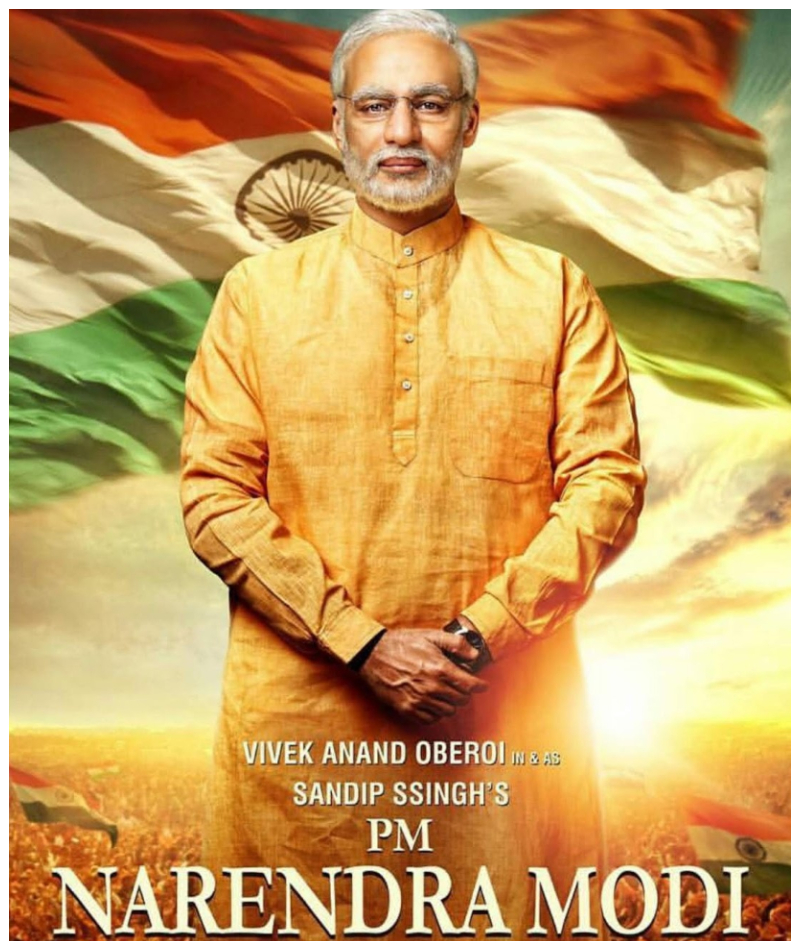
As if all this blatant propaganda was not enough, a film about Indian premier Narendra Modi is also in the works. Vivek Oberoi will be portraying the role of Modi and we expect the drama to be pro-BJP of course. Though the cast has not been finalized yet, the makers have released the poster of the film which is expected to hit the theatres before the elections. This is the first time we have seen that the strenuous process of making a film from story, casting and direction to post-production is being executed within a few months.
Romeo Akbar Walter (RAW)
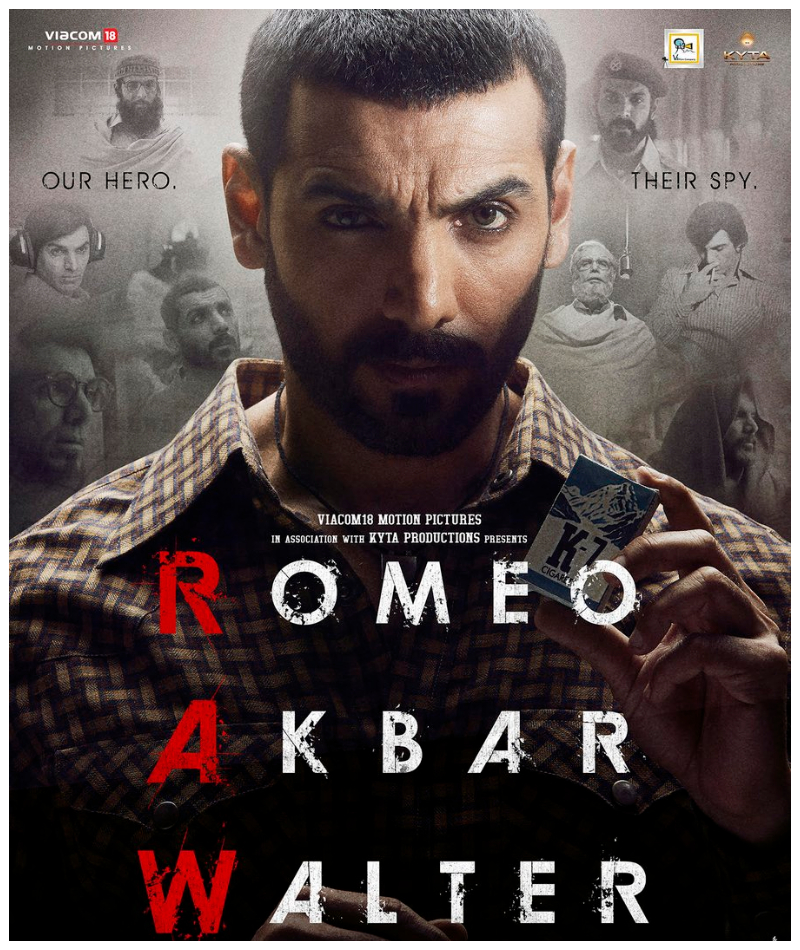
Though we are not sure what John Abraham’s Romeo Akbar Walter is all about but the acronym has definitely piqued our interest. The film’s teaser got released on India’s Republic Day and is said to be based on “the true story of a patriot”. John plays a spy in this intense thriller and can be seen sporting three drastically different looks as Romeo, Akbar and Walter. The film is scheduled to be released on April 12 this year.
3 meetings in one month
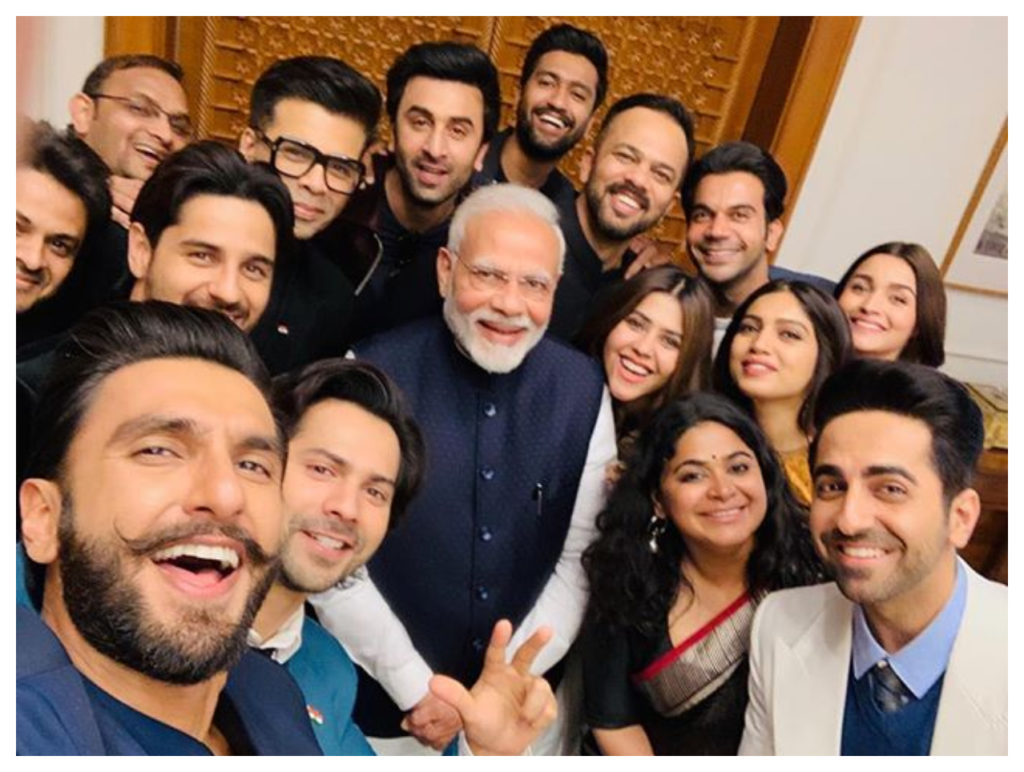
These propaganda theories are not just theories; between December 18 and January 19, Prime Minister Narendra Modi and Bollywood celebrities came under the same roof three times. While the Indian media is calling them ‘extensive and fruitful interactions’ to discuss the concerns about the film industry, there’s more than what meets the eye. Does ‘contribution of the film industry towards nation building’ ring a bell?
Some people are also linking the disastrous outcome of the three Khan films – Race 3, Thugs of Hindostan and Zero – to the same agenda.  The silver screen and politics have more than often intertwined in India. Many actors have turned politicians while Bollywood has never shied away from tackling political issues in its plotlines. However, this year’s offerings look more partisan than ever before.
It’s disappointing — especially after seeing films like Mulk and Raazi — to see Bollywood using popular cinema (with big banners and A-list stars) to propagate what appears to be uncritical, unapologetically biased agendas, policies or philosophies of a particular political party.





